Getting sick is already a miserable experience. Your body feels like it’s been hit by a truck, your energy levels crash, and all you want is relief. Unfortunately, some foods can make your symptoms worse or slow down your recovery.
Knowing which foods to avoid when you’re under the weather can help you bounce back faster and feel less awful while you heal.
1. Greasy Fast Food
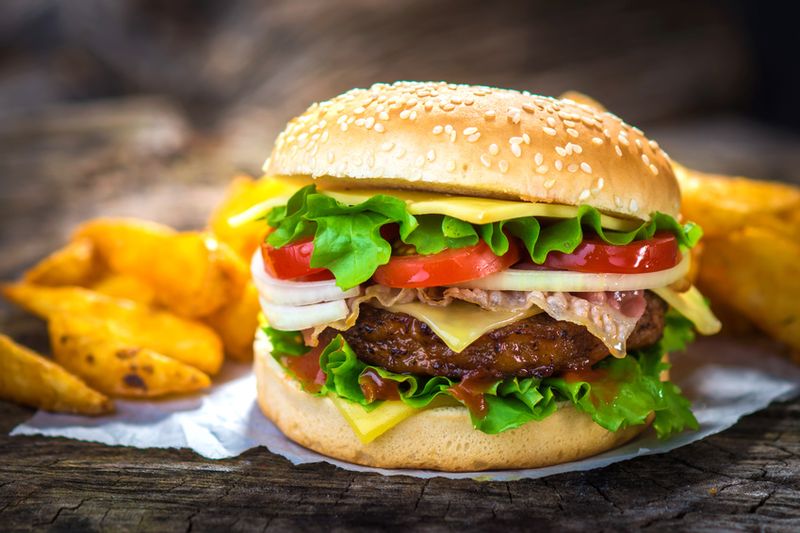
That drive-thru burger might be calling your name, but your immune system is screaming “NO!” Greasy fast food bombards your already-stressed digestive system with hard-to-process fats that can trigger nausea and worsen inflammation.
Your body needs all its energy to fight infection, not to digest a grease-soaked meal. The salt content in these foods can also dehydrate you – the exact opposite of what you need when battling illness. Skip the fries and opt for something gentle on your stomach instead.
2. Sugary Sodas
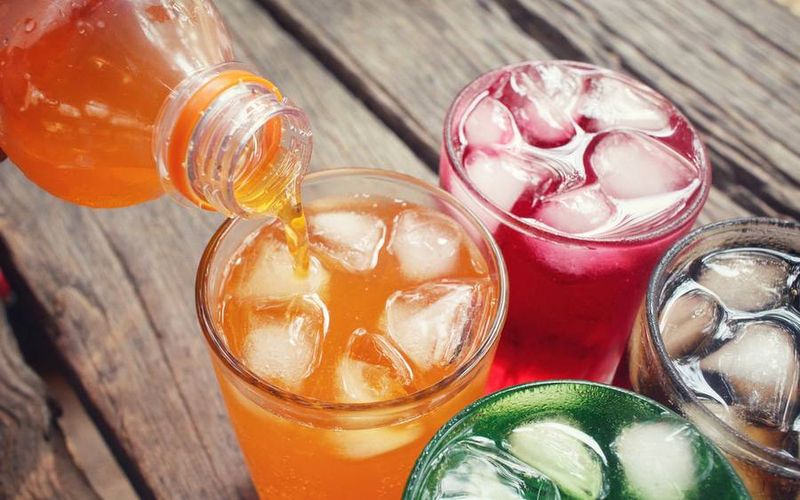
Cracking open that fizzy can of cola might seem refreshing when you’re feeling awful, but it’s a recovery saboteur in disguise. Sugar-packed sodas suppress your immune system for hours after consumption, literally handicapping your body’s defense mechanisms when you need them most.
The caffeine in many sodas acts as a diuretic, potentially worsening dehydration – a dangerous condition when you’re already losing fluids through fever or respiratory symptoms. That momentary sugar rush will inevitably crash, leaving you feeling worse than before.
3. Alcohol (All Types)

Reaching for that “medicinal” hot toddy? Put it down immediately! Alcohol is basically kryptonite when you’re sick. It directly weakens your immune response while simultaneously dehydrating you – a double whammy your already-struggling body doesn’t need.
Mixing alcohol with medications (even over-the-counter ones) can create dangerous interactions that stress your liver and kidneys. The inflammatory effects can worsen congestion, sore throats, and body aches you’re already battling.
4. Caffeinated Coffee

Morning coffee addicts, brace yourselves for bad news! Your beloved brew is a recovery saboteur when you’re fighting illness. Caffeine’s diuretic effect promotes fluid loss through increased urination – exactly what you don’t need when staying hydrated is crucial for healing.
Coffee’s acidity can further irritate an already-sensitive stomach and worsen acid reflux, which often flares during illness. The caffeine jolt might temporarily mask fatigue, but it won’t address the actual need for restorative sleep your body desperately requires.
5. Crunchy Chips And Crackers

Sore throat sufferers, beware! Those crispy potato chips and crackers are basically edible sandpaper for your inflamed tissues. Each swallow becomes a painful reminder that texture matters when you’re sick.
Beyond the physical discomfort, most packaged crunchy snacks offer minimal nutritional benefit while delivering maximum sodium – promoting dehydration when you should be doing the opposite. The refined carbs spike blood sugar, creating an inflammatory response that can actually prolong your illness.
6. Dairy Products
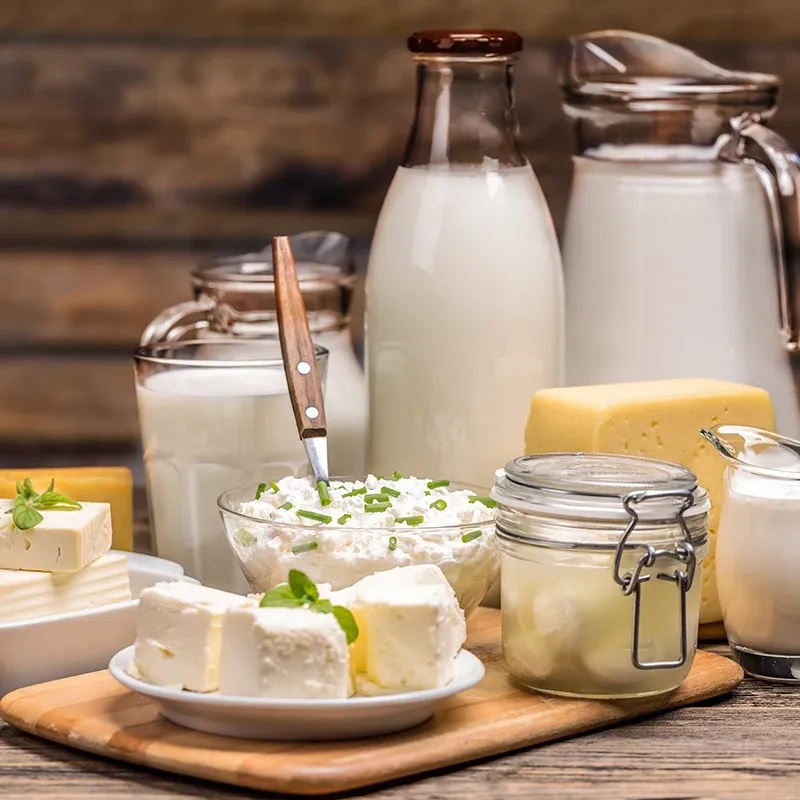
That comforting bowl of ice cream might seem soothing, but dairy and respiratory infections are sworn enemies! Milk, cheese, and other dairy products can thicken mucus and phlegm, making congestion feel ten times worse and coughs more productive in all the wrong ways.
The scientific debate about whether dairy actually increases mucus production continues, but many doctors and patients report noticeable symptom worsening. Even if you’re not lactose intolerant, your digestive system becomes more sensitive during illness, making dairy harder to process.
7. Processed Deli Meats
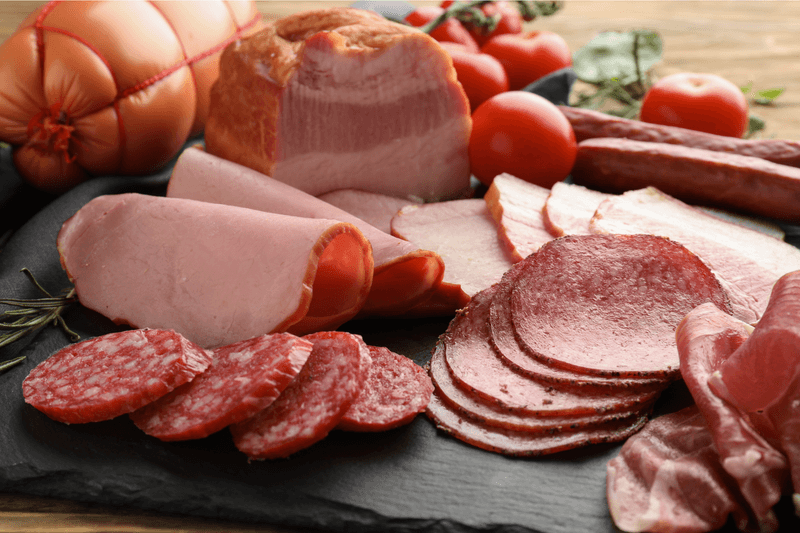
Ham sandwich lovers, I’ve got heartbreaking news. Those convenient deli meats are packed with inflammation-triggering nitrates, nitrites, and sodium that can worsen how you feel when sick. Your immune system is already fighting hard – don’t make it battle processed meats too!
The high salt content promotes water retention and can exacerbate swelling in already-inflamed tissues. Many processed meats also contain hidden sugars and chemical preservatives that offer zero nutritional benefits while potentially triggering digestive distress.
8. Spicy Foods
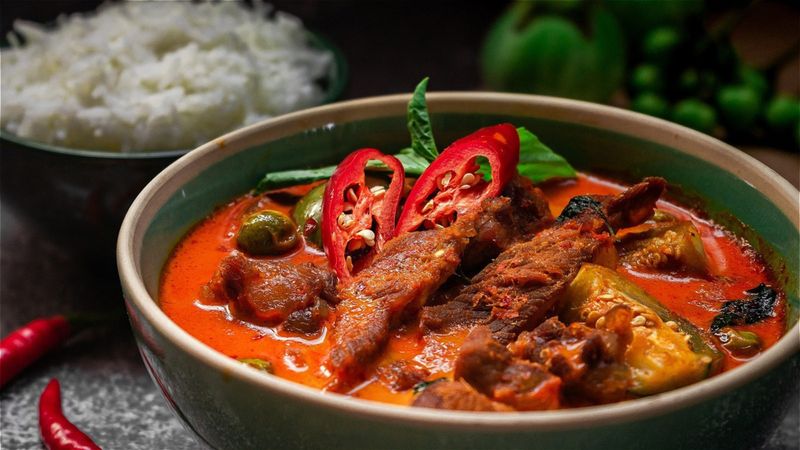
Fire-breathing dragon levels of spice might clear sinuses temporarily, but they’re launching a five-alarm fire in your digestive tract! Capsaicin (the compound that makes foods spicy) irritates mucous membranes throughout your body – not just your mouth but your entire digestive system.
For those battling stomach bugs or digestive issues, spicy foods can trigger painful cramping, diarrhea, and acid reflux. Even with respiratory infections, the initial decongestion from spicy foods quickly backfires as irritation increases inflammation throughout connected tissues.
9. Orange Juice
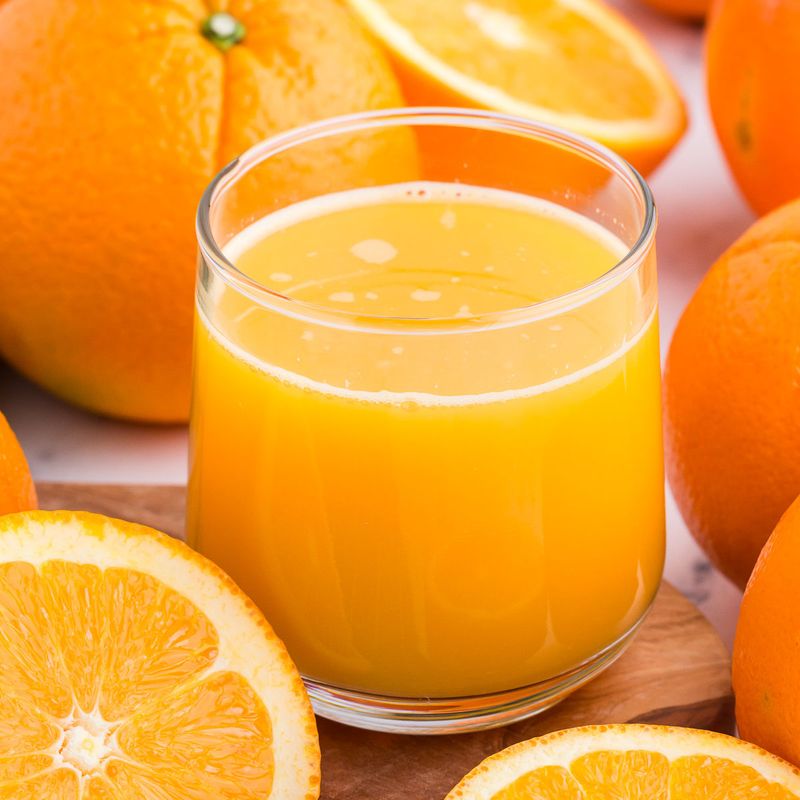
Grandma’s go-to sick remedy might actually be making your sore throat worse! Despite its vitamin C reputation, commercial orange juice is surprisingly problematic when you’re under the weather. The high acidity levels can feel like liquid sandpaper on inflamed throat tissues.
Most store-bought varieties contain shocking amounts of added sugar – up to 23 grams per 8-ounce serving – which suppresses immune function when you need it most. The natural fruit acids can also trigger heartburn and acid reflux, particularly when consumed on an empty, queasy stomach.
10. Hard-To-Digest Raw Vegetables
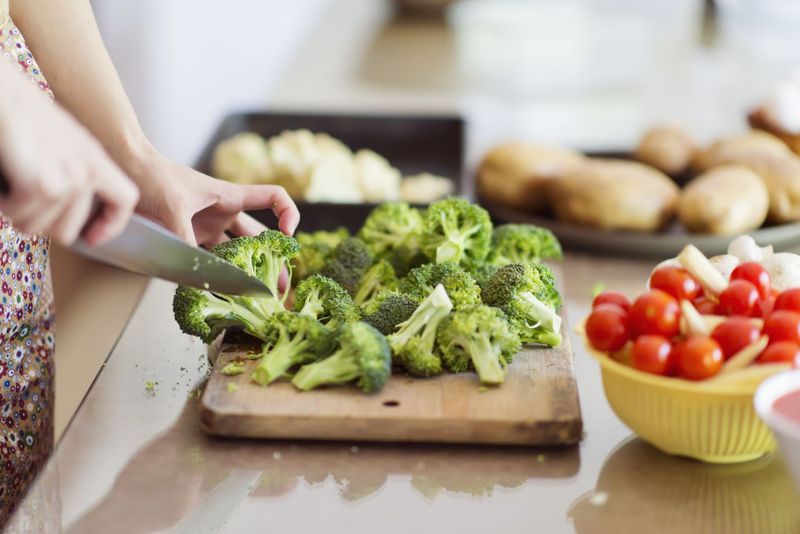
That virtuous raw veggie platter requires Olympic-level digestive strength your sick body simply doesn’t have right now. Fibrous raw vegetables demand significant digestive energy – resources your immune system desperately needs for fighting infection instead.
Cruciferous vegetables like broccoli, cauliflower, and kale are particularly challenging when raw, potentially causing gas, bloating, and digestive discomfort. Your compromised digestive system processes cooked vegetables much more efficiently, allowing better nutrient absorption when you need it most.
11. Fatty Red Meats
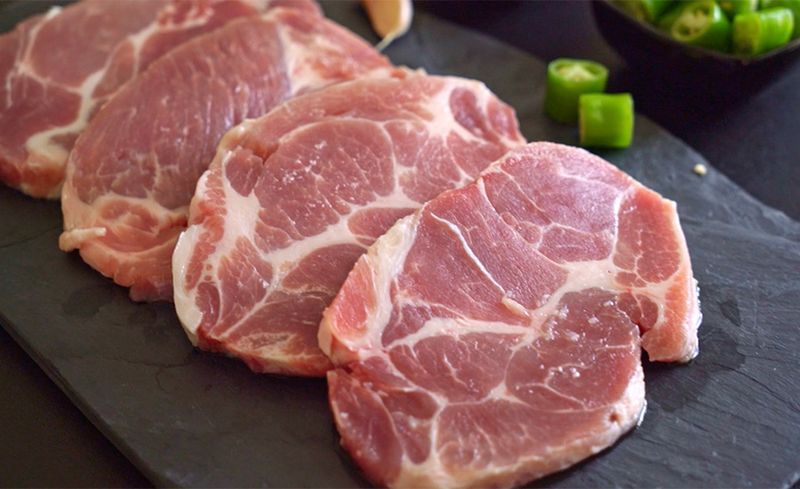
That juicy steak might satisfy cravings, but it’s forcing your digestive system into overtime when energy reserves are already depleted. High-fat red meats require significant digestive effort, diverting precious resources away from immune function and toward processing a complicated meal.
The inflammatory properties of certain fatty acids in red meat can actually increase body-wide inflammation – the last thing you need when fighting illness. Many people experience slower digestive transit times when sick, making heavy proteins particularly uncomfortable as they sit in your gut.
12. Artificial Sweeteners
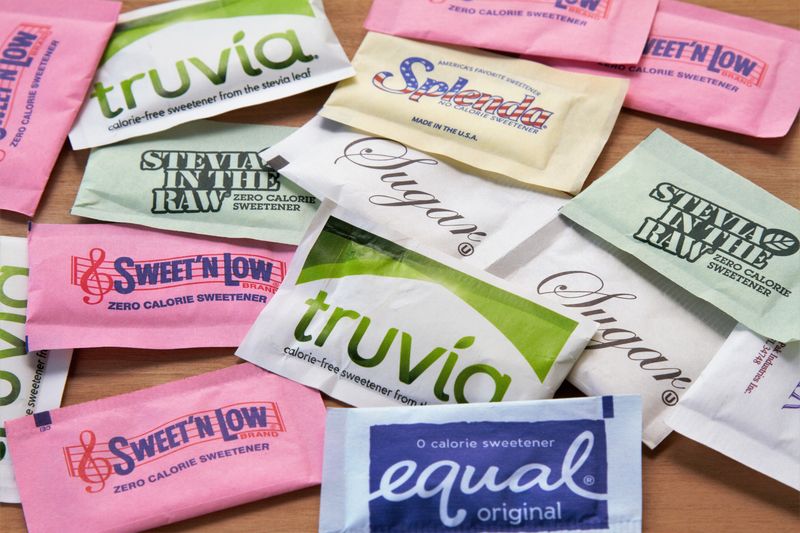
Think diet soda is better than regular when you’re sick? Think again! Artificial sweeteners like aspartame, sucralose, and saccharin can trigger headaches and digestive distress even when you’re healthy – symptoms that become magnified when illness already has you feeling terrible.
Many sugar substitutes alter gut bacteria balance, potentially weakening your immune response when you need it functioning optimally. The strange chemical aftertaste can also intensify the metallic taste many experience during illness, making everything taste even worse.
13. Heavy Desserts
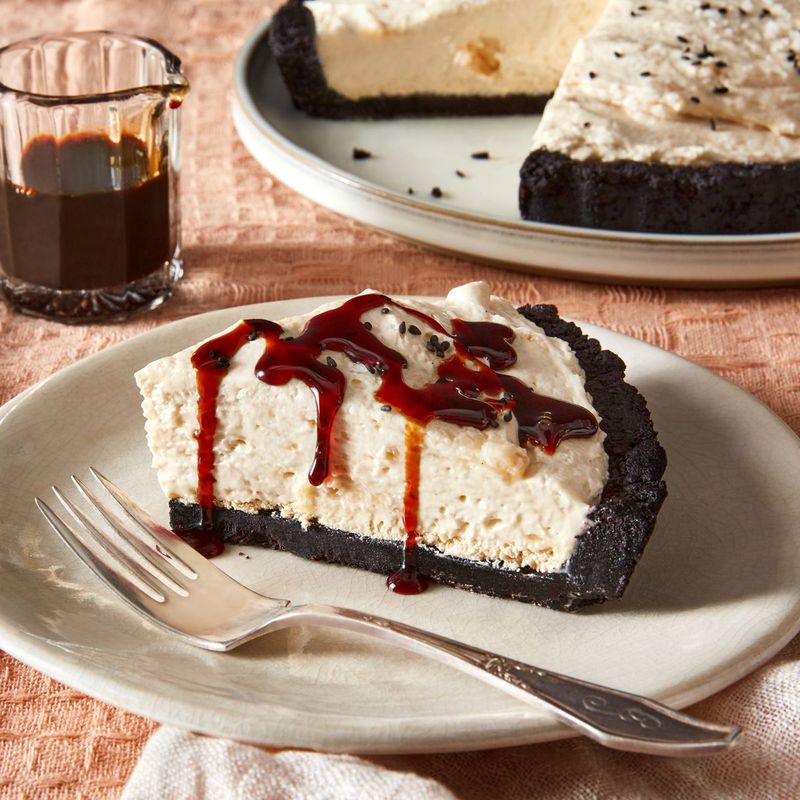
Comfort-seeking with that double chocolate cake might backfire spectacularly! Rich, heavy desserts create a perfect storm of recovery sabotage – combining inflammatory refined sugars, difficult-to-digest fats, and empty calories that provide zero healing nutrients.
Sugar consumption directly suppresses immune cell function for hours after eating, literally handicapping your defense system. The blood sugar roller coaster from sweet treats can worsen fatigue, headaches, and general malaise you’re already experiencing.
14. Overly Salty Snacks
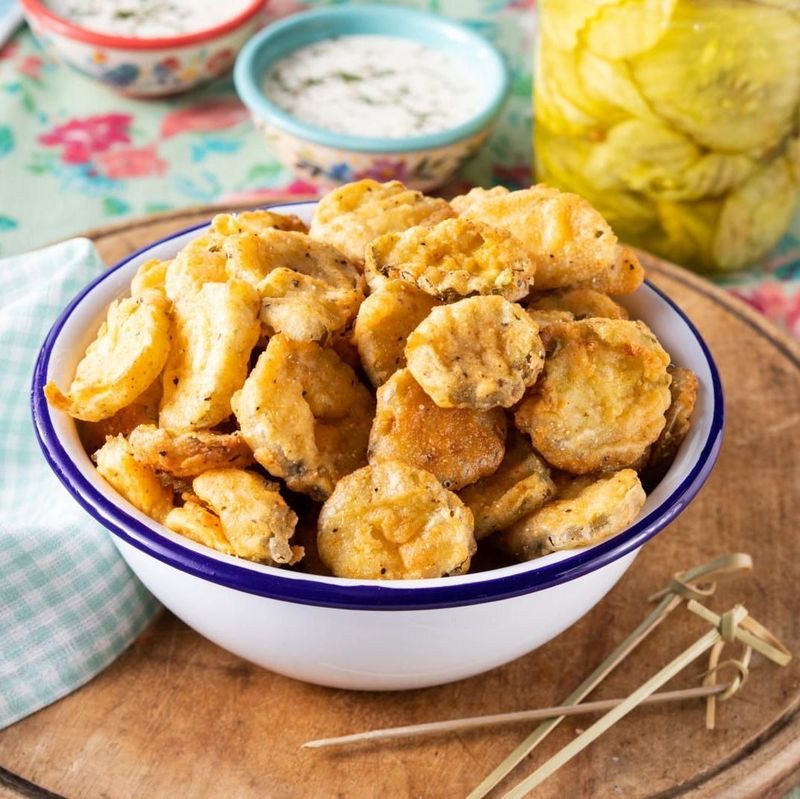
Sodium-bomb pretzels and salted nuts might satisfy cravings, but they’re silently sabotaging your recovery! Excess salt promotes fluid retention and can worsen inflammatory swelling in already irritated tissues – making that sore throat, nasal congestion, or joint pain even more uncomfortable.
Salty foods trigger thirst, but many sick people don’t adequately respond to thirst signals, leading to dehydration that concentrates mucus and slows healing. The refined carbohydrates in most salty snacks create rapid blood sugar spikes followed by energy crashes.
15. High-Histamine Foods
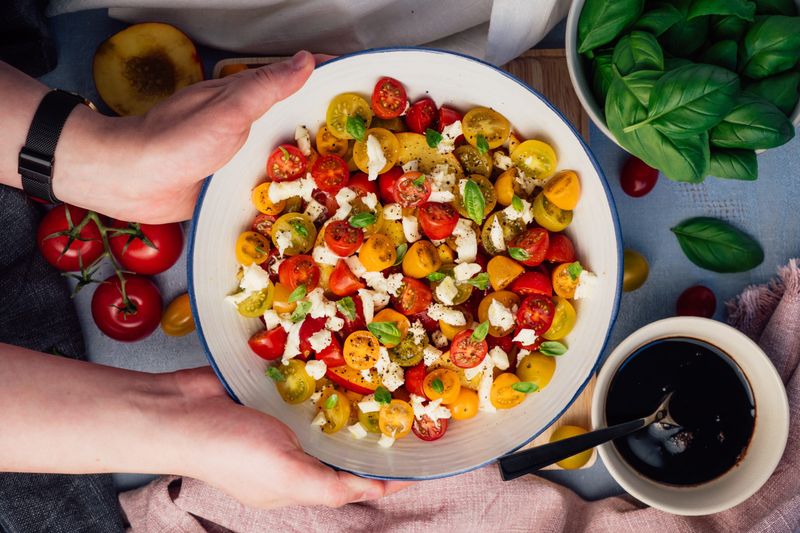
Aged cheeses, fermented foods, and cured meats might be trendy, but they’re loaded with histamine – the very compound your allergy medications try to block! When you’re battling respiratory infections, consuming these high-histamine foods can intensify congestion, runny nose, and inflammatory responses.
Histamine naturally occurs in certain foods and increases as foods age or ferment. Your body typically processes it efficiently, but during illness, this system often becomes overwhelmed. The result? Worsened respiratory symptoms, potential headaches, and even skin reactions.

